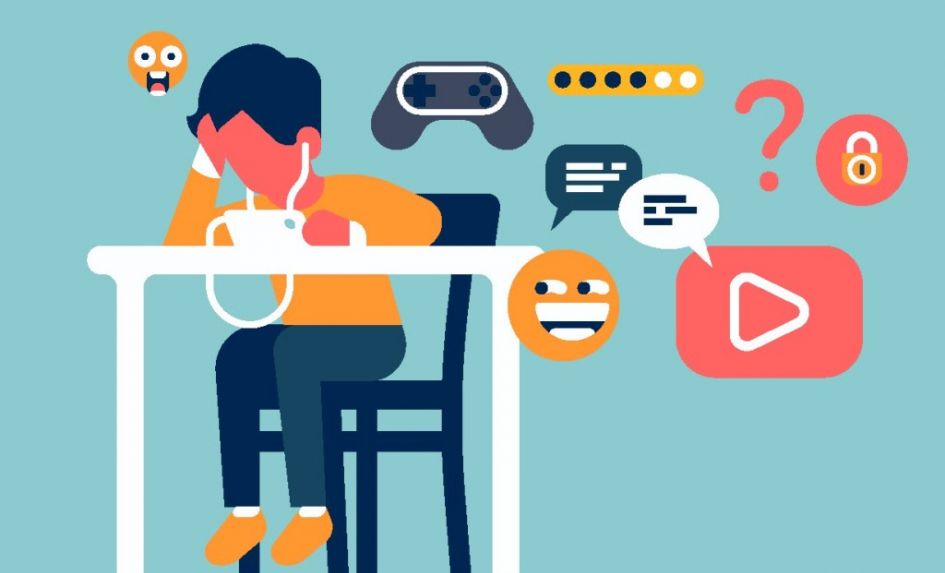Our team often hears from school staff who have been asked to run a parent session on ‘online safety’, and are looking for advice on what they should do.
These evenings can often be intimidating – how do you ensure that parents actually turn up, and once they’re sat down, what should you tell them? My own tips on how to run an interesting and informative online safety seminar for parents would include the following…
Drip-feed information
Are parent sessions alone really the best way of keeping your parents and carers informed? We would recommend drip-feeding information to families throughout the year, thus making the news and advice you’ll be sharing at the session less overwhelming. If you already send home regular newsletters concerning the school curriculum and organised events, why not add an online safety pointer, or signpost to a useful resource to each issue? It’s an easy way to make a regular impact on parents.
Face-to-face sessions can also be helpful, but stop to consider whether a standalone ‘big bang’ annual approach will be effective. How likely is it that parents will attend? Will your efforts lead to measurable, sustainable support? If the answer to those questions is ‘no’, it might be wise to consider a different approach.
Gauge parents’ confidence
A good way of sparking productive discussion is to present the following statistics (all taken from our ‘Hopes and Streams’ survey of 40,000 young people) on a large display as parents enter the session:
- Two in five pupils have never told anyone about the worst thing that’s happened to them online
- Of those who have, 94% told someone they knew, and 71% chose to confide in a parent/carer
- 73% of pupils trust their parents’ advice on online safety, but only 56% talk about it more than once a year
Ask the parents if they feel confident discussing online safety with their children. Then point out how the first two stats highlight the need for families to be open with each other, while the third stat indicates that children recognise how helpful adults’ life experience and wisdom can be when facing a challenge online.
Don’t scaremonger
We don’t recommend providing lists of ‘good’ and ‘bad’ apps. This can generate a false sense of security, provide the sites with free publicity that might draw more young people to them or sow panic among parents. Focus instead on helping parents understand the latest features and functionality of games and apps, and ensure they’re familiar with general guidelines surrounding sensible online behaviour.
Involve the kids
Hearing live testimonies from the children has a big impact. Get some pupils to come along and tell parents what video games they play, which apps they use and their online likes and dislikes. Make sure there’s enough time for parents to ask questions. You’ll be surprised by the answers, and so will the parents!
End on a positive
Screen time isn’t inherently dangerous. In fact, it has many educational and social benefits, and it’s important that parents are made aware of the many positives associated with the internet. It’s essential that pupils today are equipped with the digital skills they’ll to thrive and prosper – and that this be emphasised to parents.
Mark Bentley is the Digisafe safeguarding and cybersecurity manager at LGfL.








